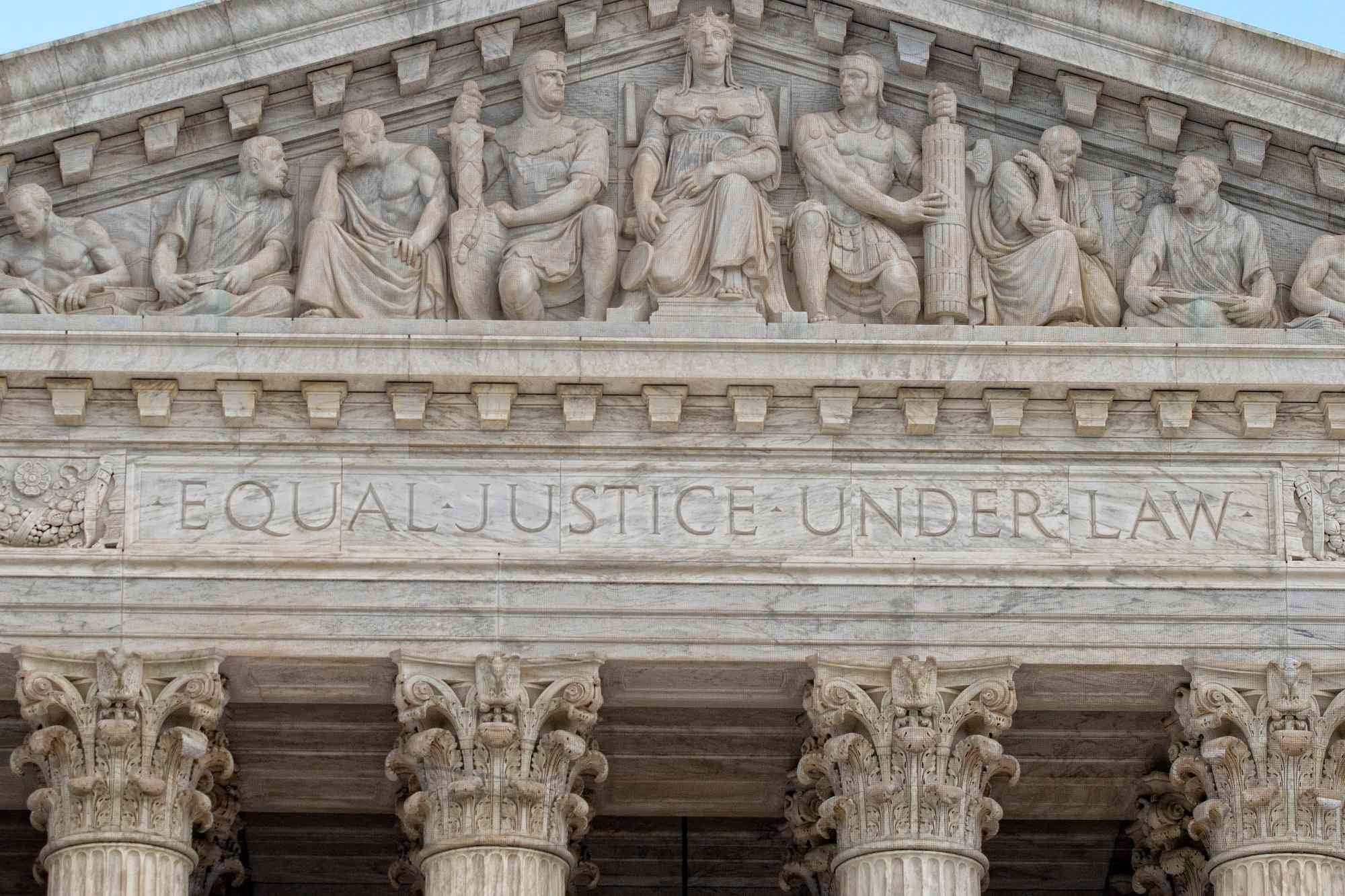Top Class Actions’s website and social media posts use affiliate links. If you make a purchase using such links, we may receive a commission, but it will not result in any additional charges to you. Please review our Affiliate Link Disclosure for more information.

The Supreme Court’s decision to roll back the Federal Trade Commission’s (FTC) ability to seek restitution for consumers duped by bad actors favors “scam artists and dishonest corporations, leaving average Americans to pay for illegal behavior.”
FTC Acting Democratic Chair Rebecca Kelly Slaughter told Law360 that the FTC would seek to reverse the impact of the Supreme Court’s judgement through Capitol Hill.
The unanimous opinion, written by Justice Stephen G. Breyer, said that the FTC was never imbued with the power to collect restitution or disgorgement of ill-gotten gains under the Federal Trade Commission Act’s Section 13(b), reports Law360. The section, added in the 1970s, gives the FTC the authority to ask district courts for permanent injunctions against illegal conduct.
In the ruling, the justices said that the section did not extend the FTC’s powers to be able to collect court-ordered monetary relief, reports Law360. The justices added that the FTC could still seek restitution after going through the in-house process under the FTC Act.
“Nothing we say today, however, prohibits the commission from using its authority under [Sections 5 and 19 of the FTC Act] to obtain restitution on behalf of consumers,” states the decision.
The decision delivers a major blow to the FTC, which has been able to collect restitution and disgorgement for consumers through court injunctions without going through the more cumbersome administrative process laid out in the FTC Act.
The agency said that over the past 40 years it had used the section to get consumers billions of dollars in relief for trade violations including telemarketing fraud, anticompetitive pharmaceutical practices, data security and privacy, scams that target seniors and veterans, and deceptive business practices.
In a statement to Law360, Public Knowledge Policy Counsel Alex Petros said that the decision made it easier to exploit consumers and harder for the FTC to do anything about it.
“We need an empowered FTC free from cumbersome administrative processes with the speed and flexibility to stand up for consumers against the companies that would exploit them — not additional red tape,” Petros said.
However, the FTC has faced increasing criticism of its use of section 13(b) and has faced multiple lawsuits because of it.
The Washington Legal Foundation told Law360 that the ruling restored modern and binding rules of statutory interpretation to the FTC Act, and the New Civil Liberties Alliance (NCLA) said that it was gratified the court ruled that the FTC was never given “power to seize all of an individual’s assets simply by using the word ‘injunction.'”
NCLA Senior Litigation Counsel John Vecchione told Law 360 that it was a great victory, “because erroneous lower court opinions going back 40 years did not prevent a correct interpretation of law.”
Slaughter told Law360 that the agency would seek a legislative fix, that allowed the FTC to seek restitution for consumers. “With this ruling, the court has deprived the FTC of the strongest tool we had to help consumers when they need it most. We urge Congress to act swiftly to restore and strengthen the powers of the agency so we can make wronged consumers whole,” she said.
Have you ever received any monetary relief through the FTC? Let us know in the comments section!
Read About More Class Action Lawsuits & Class Action Settlements:
- ‘Nightmare’ Movers Demanded Ransoms for Customers’ Property, Holocaust Heirlooms, Class Action Claims
- Do You Qualify: NSF Fee Charge Class Action Lawsuit Claim Review
- FCC Threatens to Block Phone Carriers if Robocalls Aren’t Addressed
- Do You Qualify: Total Loss Accident Car Insurance Lawsuit Investigation in Florida














